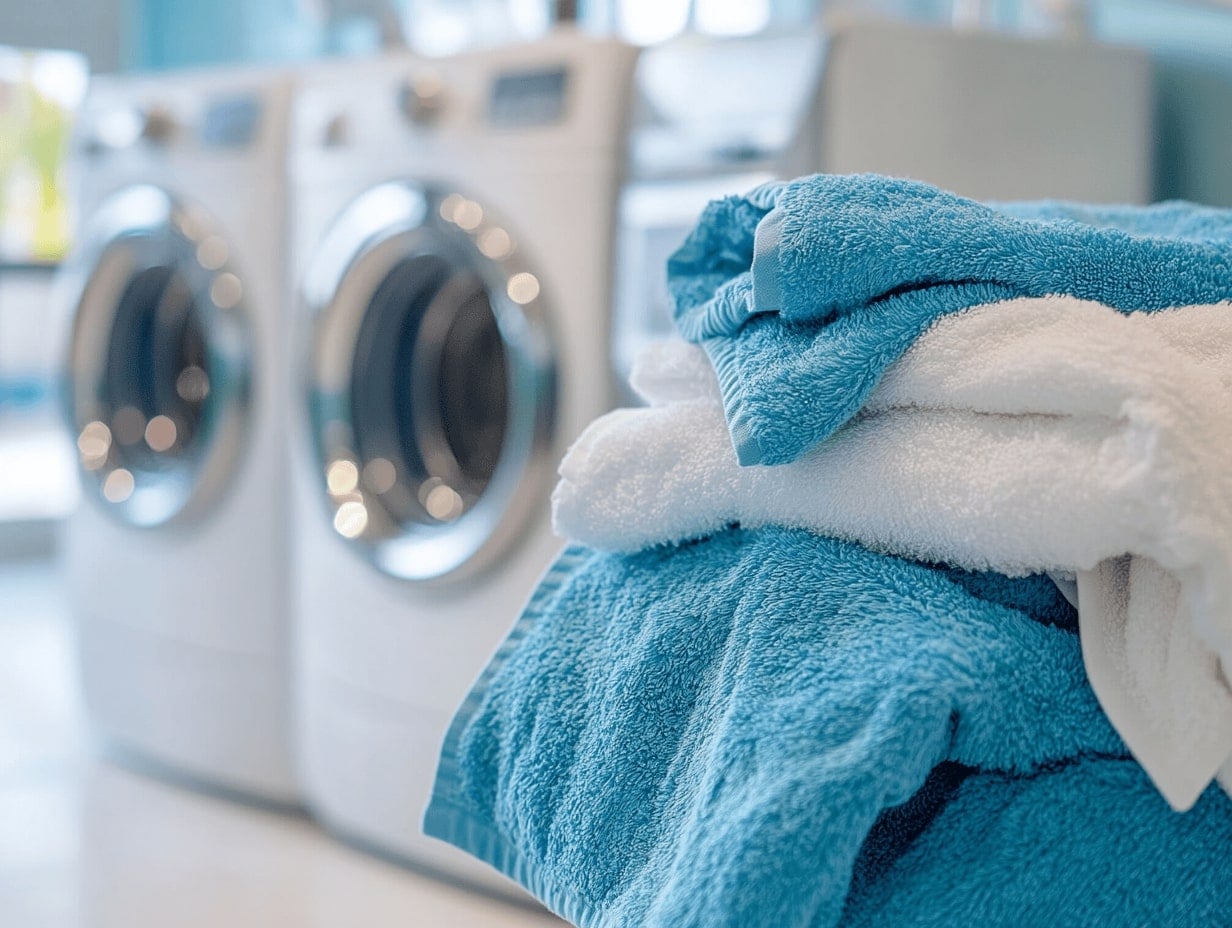Can You Get an STD from Sharing Clothes or Towels?
Jan 31, 2025
No, you cannot get an STD from sharing clothes or towels, as most STDs do not survive on fabrics. STDs like herpes or syphilis require direct skin-to-skin contact or exposure to bodily fluids to be transmitted. However, some infections may spread in rare circumstances, like sharing towels with open sores.
How STDs Are Not Transmitted Through Clothes
No Sustained Contact: Most STDs, including HIV and syphilis, require direct contact with infected bodily fluids or skin. Sharing clothes or towels does not typically provide the conditions necessary for these infections to spread.
Environmental Conditions: STDs like gonorrhea and chlamydia cannot survive outside of the human body for long. The dry conditions on towels or clothing do not support the survival of these bacteria.
The Exception: Pubic Lice
Pubic Lice: Unlike most STDs, pubic lice (or crabs) can be transmitted through close contact with infested clothing, bedding, or towels. These tiny insects thrive in moist areas like the groin and can spread through sharing clothing or towels that have come into contact with infested hair.
Conclusion
While it’s important to practice good hygiene, sharing clothes or towels does not significantly increase your risk of contracting most STDs. However, take precautions when it comes to lice or other infestations, and always practice safe sexual behaviors.

Dr. Michael Thompson
Dr. Michael Thompson is an expert in sexually transmitted diseases with extensive clinical and research experience. He leads campaigns advocating for early diagnosis and prevention of diseases like HIV and gonorrhea. He collaborates with local organizations to educate both youth and adults about sexual health.





